This resolution is considered to be a breakthrough, comprehensive and long-term for the development of Vietnamese Education .
Speaking with Education and Times Newspaper, Dr. Vu Thi Thanh Hien - Vice Principal in charge of Dak Lak Pedagogical College emphasized: "The core point of Resolution 71 lies not only in the strategic vision but also in specific, direct policies that can create strong motivation for both teachers and learners."

Outstanding policy to encourage social investment
According to Dr. Vu Thi Thanh Hien, Resolution 71 pays special attention to creating favorable conditions to attract social resources and businesses to invest in education. The outstanding policies issued include:
Reserve clean land, allowing flexible conversion of land use purposes to educational land.
Domestic educational institutions are not subject to land use fees, land rent and land tax are reduced.
In particular, corporate income tax is not applied to public educational institutions and private educational institutions operating on a non-profit basis.
According to Ms. Hien, these regulations are like a strong “push”, creating an open legal corridor to expand public-private cooperation in education. Importantly, the ultimate beneficiary is the learner, when the educational environment has more choices, and quality is improved thanks to healthy competition.
However, Dr. Hien also frankly pointed out that the biggest challenges at present are administrative procedures, planning and site clearance. “If these obstacles are not resolutely resolved, no matter how good the policy is, it will be difficult to put it into practice. Success depends on the synchronization and sense of responsibility of local authorities at all levels,” Ms. Hien said.
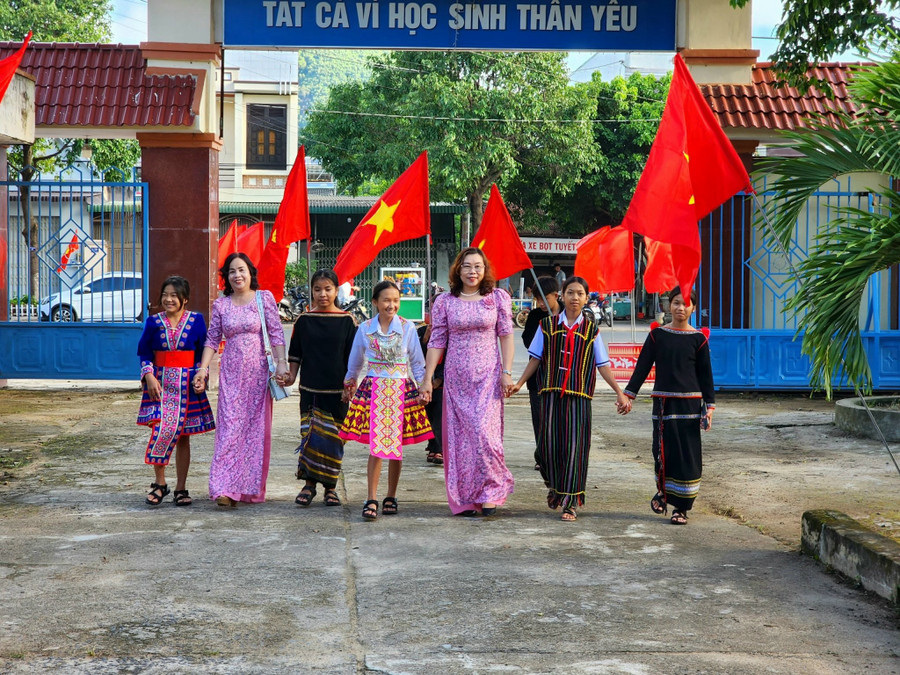
Motivating teams and educational institutions
Another highlight of Resolution 71 that Dr. Vu Thi Thanh Hien is particularly interested in is the policy on salary and preferential allowances for jobs. According to the resolution, preschool and general education teachers will have their preferential allowances increased to a minimum of 70%, while teachers in extremely disadvantaged areas, border areas, islands, and ethnic minority areas will receive 100%.
This policy is considered to have profound significance both psychologically and practically. It helps improve teachers’ lives, strengthens their confidence in their profession, and contributes to retaining teachers in places where there is a shortage of human resources.
Dr. Hien analyzed: “Especially for preschool teachers, who are under a lot of pressure and often leave the profession, this policy will become an effective "spiritual medicine". Improved living conditions mean better quality of care and education for children. This is a step to affirm the irreplaceable role of teachers in society.”
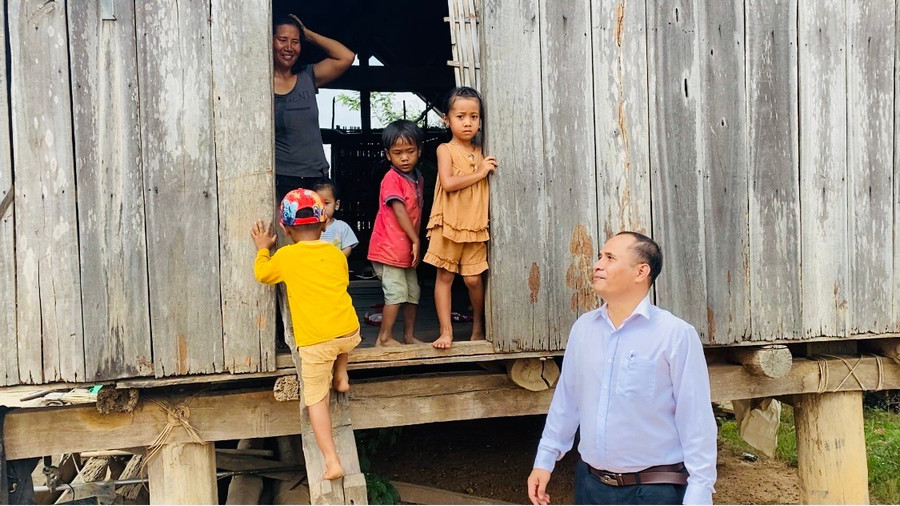
Aiming for leanness and consistency
Another notable content in Resolution 71 is the non-organization of School Councils in public institutions (except for those with international agreements). Instead, the model of Party Secretary concurrently being the head of the educational institution is applied.
According to Dr. Vu Thi Thanh Hien, this is a suitable decision in the practical context of Vietnam. Because many school councils have not really exerted their power, they are mainly just formalities in introducing personnel, without the right to directly decide on appointment or dismissal. "The existence of the school council sometimes creates an additional intermediary layer, causing dependence on the human resources and financial apparatus of the Board of Directors, reducing operational efficiency," Ms. Hien stated.
With the new model, administrative power is more centralized and unified, helping educational institutions streamline their apparatus, improve the effectiveness and responsibility of leaders. The resolution is expected to be a transformation to improve management efficiency, limit overlap, and create synchronization from the Party Committee to the executive organization.
"Resolution 71 has created a comprehensive policy framework, from investment, finance to teacher policies and governance models. If implemented synchronously and resolutely, this will be the foundation for Vietnamese education to enter a new, stronger and more sustainable development phase," Dr. Vu Thi Thanh Hien.
Source: https://giaoducthoidai.vn/nghi-quyet-71-cu-hich-lon-cho-giao-duc-tu-chinh-sach-dau-tu-den-quan-tri-post746988.html





![[Photo] Amazing total lunar eclipse in many places around the world](https://vphoto.vietnam.vn/thumb/1200x675/vietnam/resource/IMAGE/2025/9/8/7f695f794f1849639ff82b64909a6e3d)



![[Photo] General Secretary To Lam chaired the Politburo's working session with the Standing Committee of the Central Public Security Party Committee](https://vphoto.vietnam.vn/thumb/402x226/vietnam/resource/IMAGE/2025/9/8/c94b4e255b194b939a1c7301893f5447)

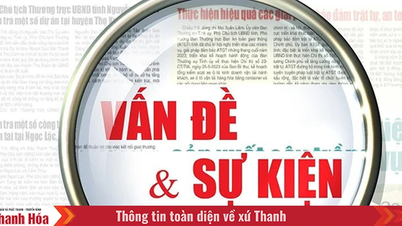







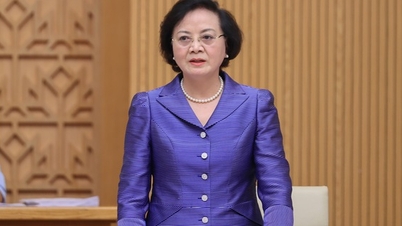

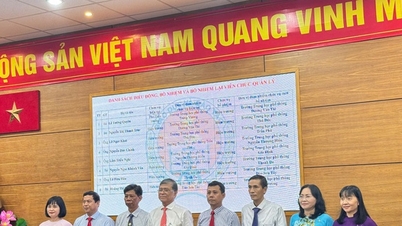













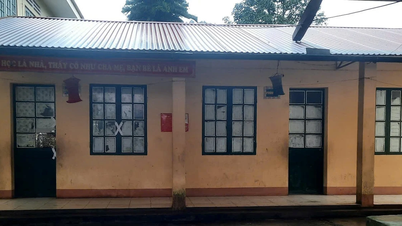
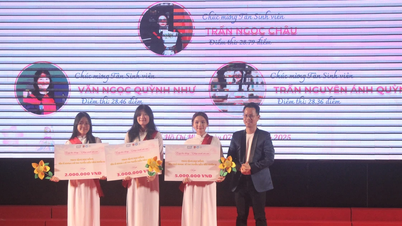
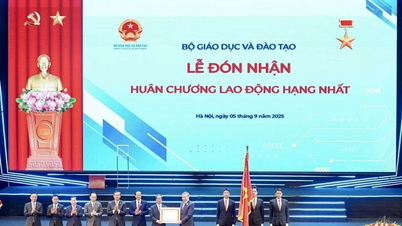



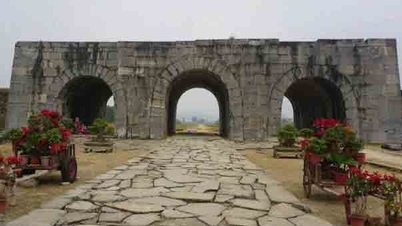





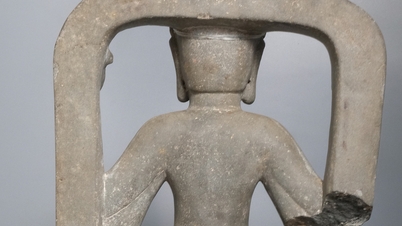


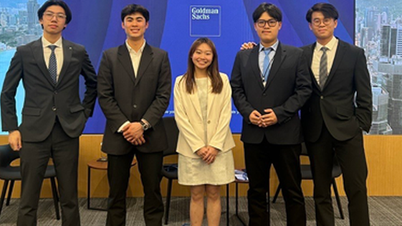
























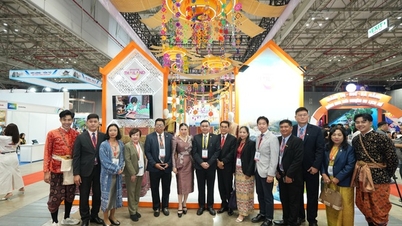

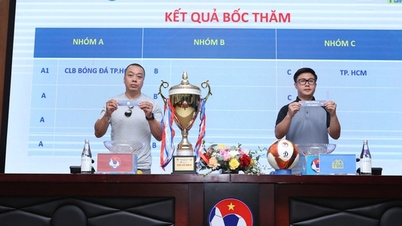




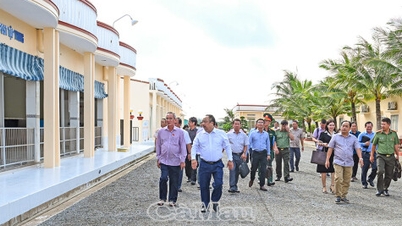

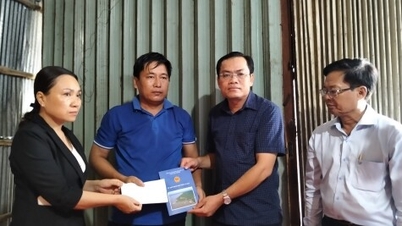















Comment (0)